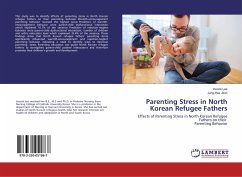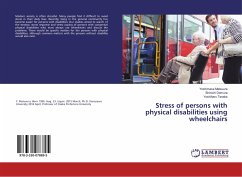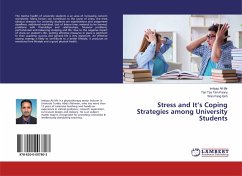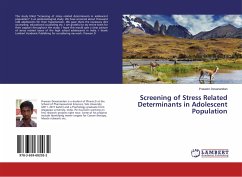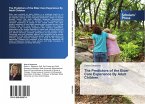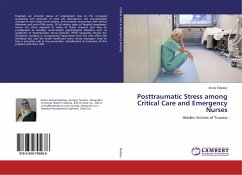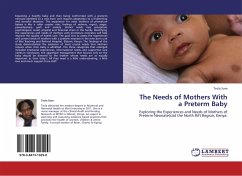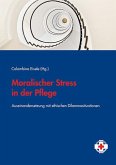This study was to identify effects of parenting stress in North Korean refugee fathers on their parenting behavior. Warmth-encouragement parenting behavior received the highest score. Predictors of warmth-encouragement behavior were parent-child dysfunctional interaction which explained 10.1% of the variance. Predictors of rejection-neglect behavior were parent-child dysfunctional interaction, number of children and wife's education level which explained 33.4% of the variance. These findings show that North Korean refugee fathers' parenting stress significantly influenced warmth-encouragement and rejection-neglect parenting behavior indicating a need to identify ways to decrease parenting stress. Parenting education can guide North Korean refugee fathers to strengthen parent-child positive interactions and therefore promote their children's growth and development.

